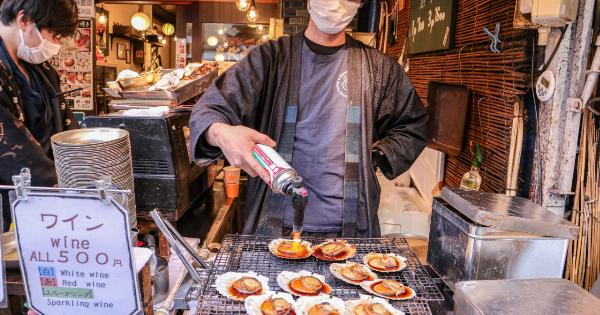The Ritsona refugee camp in Greece has been praised by the country’s Migration Ministry for its cooperation during the coronavirus crisis.
The camp, which is home to around 2,500 refugees, has been on lockdown since March, with only essential personnel allowed in and out.
A quick response to the crisis
The swift action of the Greek government in placing the camp on lockdown has been praised by the United Nations Refugee Agency (UNHCR).
The agency has described the response as “exceptional” and says that it has helped to contain the spread of the virus within the camp.
One of the keys to the success of the quarantine measures has been the cooperation of the refugees themselves.
The camp’s residents have been following the guidelines set out by healthcare professionals, and have kept their distance from each other, using face masks and frequently washing their hands.
Specialist support from NGOs
The Ministry of Migration has also praised the work of NGOs that have been helping to support the residents of the camp.
The International Rescue Committee (IRC) has been providing mental health and psychosocial support to refugees, as well as helping with hygiene and sanitation efforts.
Other NGOs, such as Save the Children and Médecins Sans Frontières (MSF), have also been on the ground at Ritsona, providing medical care to those who need it, and distributing essential supplies such as food and hygiene kits.
Challenges remain
Despite the success of the measures taken at Ritsona, there are still challenges ahead. The camp is only designed to be temporary, and the Greek government has been working to relocate refugees to more permanent accommodation.
However, the COVID-19 pandemic has complicated these efforts, as it has made it harder to move refugees safely and ensure that they are not placed at risk of infection during the relocation process.
The impact of COVID-19 on refugees
The pandemic has had a particularly severe impact on refugees and other displaced people around the world. Many live in overcrowded and unsanitary conditions, making it difficult to maintain social distancing and practice good hygiene.
Access to healthcare can also be a challenge, and refugees may be more vulnerable to infection due to underlying health conditions or weakened immune systems caused by malnutrition and other factors.
Looking ahead
The crisis has highlighted the importance of effective cooperation between governments, NGOs, and refugees themselves in preventing the spread of COVID-19 in refugee camps and other temporary accommodation facilities.
As countries around the world begin to lift restrictions and plan for the future, it is important not to forget about the millions of displaced people whose lives have already been upended by conflict and persecution, and who are now facing the additional threat of COVID-19.
The role of the international community
The international community has an important role to play in supporting refugees and other displaced people during this crisis.
This includes providing funding for humanitarian aid and support, as well as working to find sustainable solutions to the underlying causes of displacement.
By working together, we can ensure that all people, regardless of their circumstances, are able to access the healthcare, hygiene, and other support that they need to stay healthy and safe.
Conclusion
The response to the COVID-19 crisis at Ritsona refugee camp is a testament to the power of cooperation between governments, NGOs, and refugees themselves.
By working together, it has been possible to contain the spread of the virus and provide essential support to those who need it most.
Looking ahead, it is important that we continue to build on these successes and work to find sustainable solutions to the underlying causes of displacement.
Only then can we ensure that all people, regardless of their circumstances, are able to live with dignity and safety.































